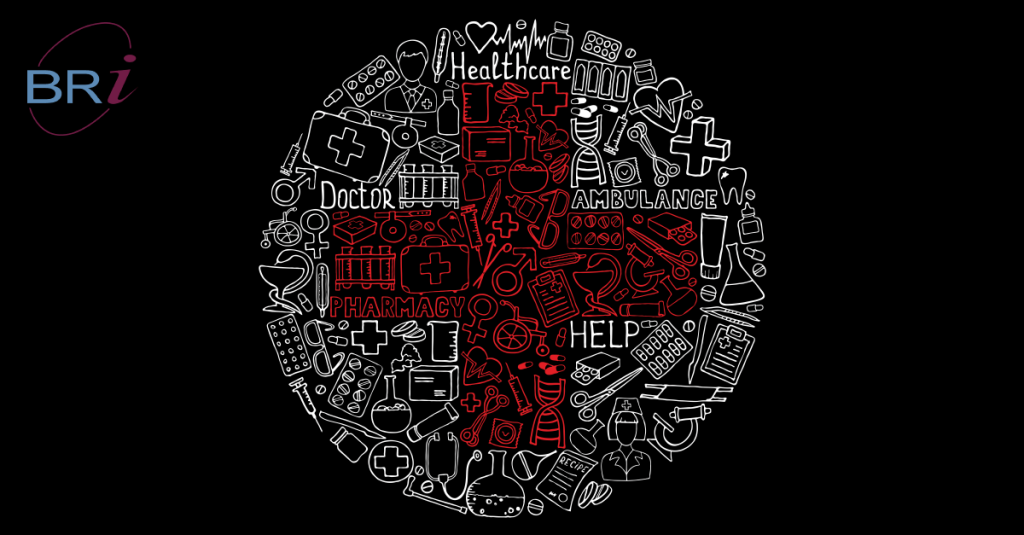Understanding new benefits is something of an art. Get started with this list of 5 things you need to know about new benefits.
Make sure you know what account(s) you have
There is often confusion on what accounts people enroll in. Knowing the difference between an FSA, HSA and HRA is important. Another pre-tax benefit your employer might offer is Commuter Benefits, which covers eligible workplace commuting expenses. This may include two accounts: Parking and Mass Transit.
Not all FSAs end the same
The first thing to know is how long you have to use the money in your FSA. There are two components: (1) how long you can incur expenses and (2) when expenses must be submitted.
Let’s start with how long you can incur expenses. Your plan will be set-up with one of three options: Rollover, Extended Grace Period and standard forfeiture.
For those of you with an employer that offers a rollover, up to $500 can roll into the next year. Just keep in mind, the funds won’t roll into the new plan year until after the company’s run-out period.
What should I do while I’m waiting for the rollover funds? You can make purchases with an alternate form of payment and then reimburse yourself from your FSA once the funds have rolled over.
The Extended Grade Period is similar (but different). You will have an extra 2.5 months to use any remaining funds.
Finally, the standard forfeiture option. Expenses must be incurred by the end of the plan year. If not all expenses have been claimed by the end of the run out period, remaining funds will be forfeited back to your employer.
This brings us the the second part —when expenses must be submitted. Every plan has a run-out period. This is the time period after the plan year in which you can submit claims for reimbursement.
How to get reimbursed
Reimbursement, claim, same difference.
In pre-tax benefits, you submit a reimbursement claim to pay yourself back from your pre-tax account after you’ve made payments from an alternate source.
Online claims can generally be submitted for a Medical FSA, Limited FSA, Dependent Care FSA, HRA and Parking Account. (Depending on your plan documentation, certain restrictions or conditions may apply).
When do I submit a claim? Each company (and plan) has different deadlines for when claims need to be submitted. As mentioned in the previous section, this is called a run-out period. While every plan has a run-out period, it can range from 30 days to as high as 120 days.
You can find the deadline for your plan(s) and company in your Plan Documents.
Avoiding fees by switching to paperless.
If you have a Health Savings Account, you will receive periodic paper statements. The HSA custodian typically charges a small fee per statement. To make sure you get the most out of your HSA, you can opt to go paperless and avoid the monthly fee.
How do I switch to online statements? The fastest way to opt-in to online statements is to log in to your account through www.BenefitResource.com. Once logged in click Health Savings Account, and select Manage my HSA. You will be directed to an option where you can sign up for online statements.
Eligibility is not an exact science
There is no textbook of eligible items. (The FSA Store probably is the closest you will get.) But, here are a few tips to help you navigate eligibility:
- Co-pays, deductible expenses and co-insurance are a good bet. If the expense is applied against your insurance deductible, you are likely in the clear (although documentation might be requested).
- Anything with a prescription is a sure thing as well.
- Medical devices and supplies can be a toss up depending on what you buy and where you buy it. Name brand items are slightly more likely to be recognized as eligible over store brands. If you were planning to buy the item regardless, ask them to swipe your benefits card first. If it is not automatically recognized as eligible, you can use an alternative form of payment.
New benefits are there to help you.
From healthcare expenses like medical, vision and dental, to commuting expenses and out of pocket costs, your new year is covered with your new benefits.
Want to learn more? Check out New to pre-tax benefits? 4 facts you should know and Top 5 Questions of a Newly Enrolled Benefits Participant.



